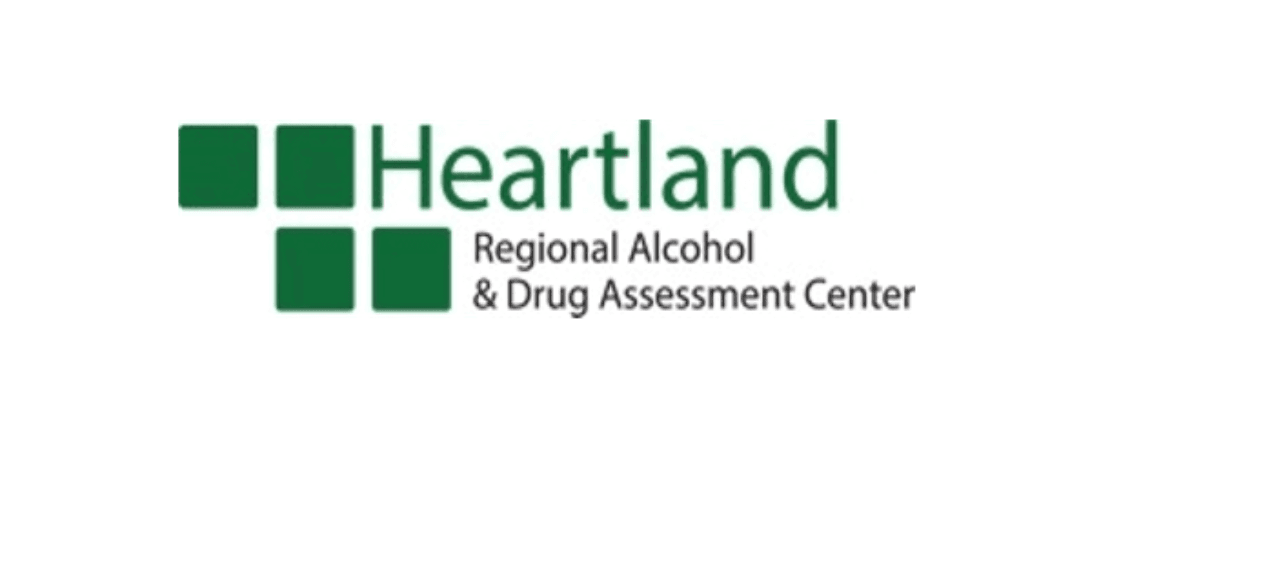If you can read this sentence, consider yourself among the global elite. According to UNESCO, more than 774 million adults (15 years and older) still cannot read or write. In addition, more than 123 million youth fall into the illiterate category.
Shockingly, two-thirds of illiterate adults in the world are women. Even among illiterate children, 76 million are female. The disparity between the male and female illiteracy rates is largely due to laws and cultural factors that prohibit women from obtaining the same level of education as men.
Although the majority of illiterate people are concentrated in three key areas (South and West Asia, Sub-Saharan Africa and the Arab states), developed nations face a growing illiteracy problem as well. In the United States, more than 93 million people have only basic or below basic literacy skills.
Illiteracy poses countless challenges for the people it affects. They are often unable to understand medical instruction, apply for or maintain jobs, or sign any legally binding contracts. This then launches them into a cycle of poverty and illness, preventing them from building a better life. Low literacy rates therefore lead to lower life expectancies.
So what can you do to help change this awful situation? Start by finding a nonprofit organization that works to eradicate illiteracy. Some organizations do this directly by implementing programs that increase access to education and teach illiterate people to read. Others are exploring technology’s role in increasing literacy, using mobile phones and tablets as educational tools in areas with high illiteracy rates. Another nonprofit, Speaking Books, delivers critical messages that empower, educate and save lives through illustrated hard-cover talking books that have straightforward and easy to understand text. Ranging in topics from vaccination to mental health for teens, Speaking Books positively and dramatically impact illiterate communities.
All facets of fighting illiteracy are important, so volunteer for or donate to an organization that is working to change the bleak state of global literacy. But most importantly, educate yourself on the worldwide issue of illiteracy.

